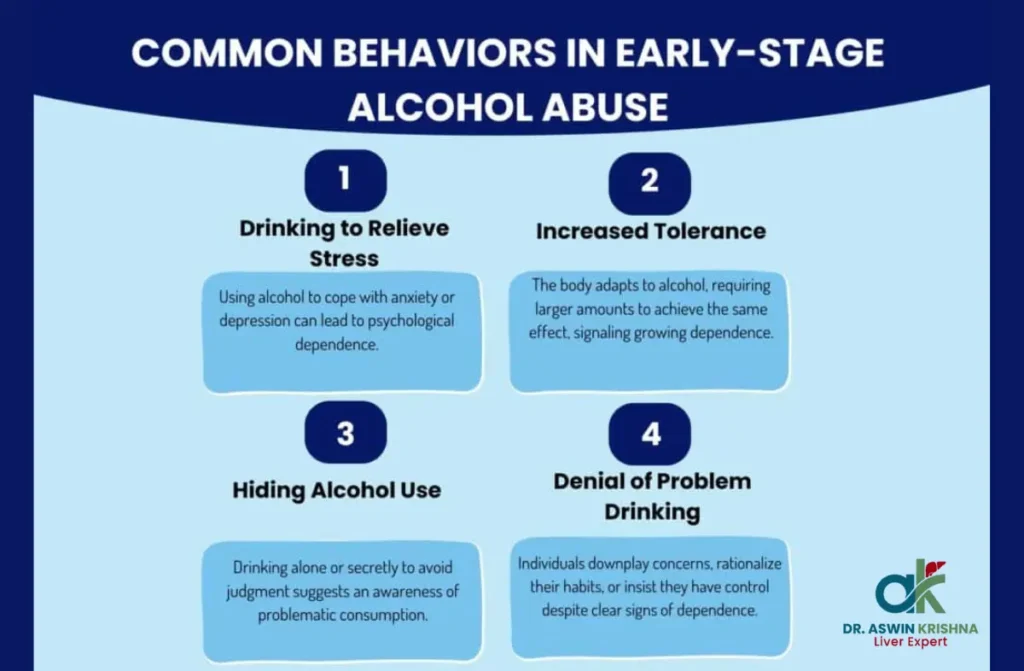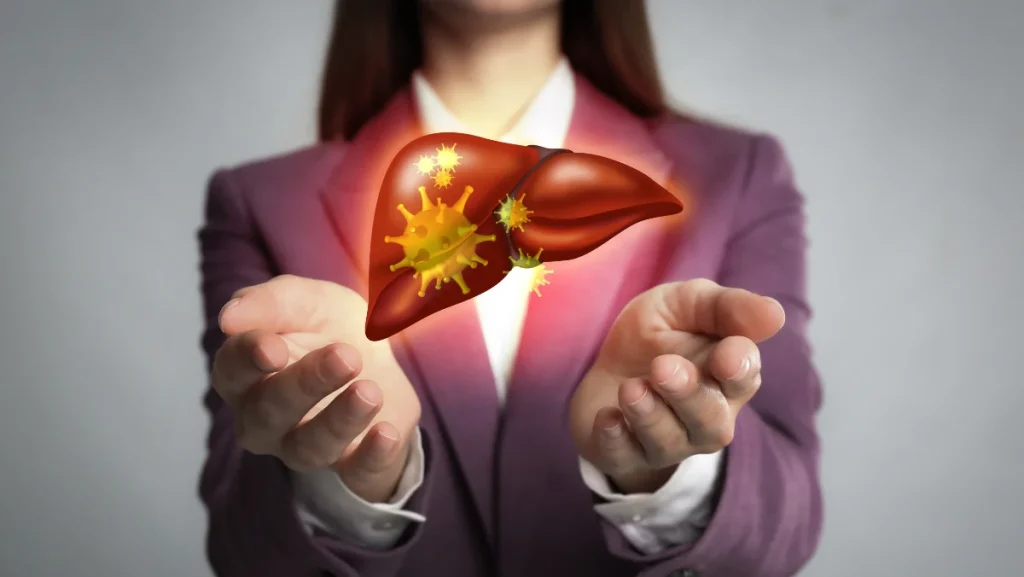When it comes to liver treatment in Chennai, the city offers some of the most advanced medical facilities and highly skilled specialists. Whether you are seeking treatment for alcoholic liver disease or other liver conditions, Chennai provides a range of options that cater to various needs. This blog post will delve into the different aspects of liver treatment in Chennai, highlighting the best hospitals, treatment methodologies, and specialized care available in this vibrant city.
Overview of Liver Treatment in Chennai
Liver treatment in Chennai encompasses a variety of medical interventions aimed at diagnosing, treating, and managing liver diseases. The liver is a crucial organ responsible for numerous functions, including detoxification, protein synthesis, and the production of biochemicals necessary for digestion. Given its vital role, any liver dysfunction can have severe implications on overall health.
What are Liver Diseases?
Liver diseases are conditions that disrupt the liver and its normal functions. These diseases may arise due to various factors such as inflammation, obstruction of bile, excess fat deposition, and infiltration of cancerous cells in the liver. The liver’s health is critical, and any compromise can lead to significant health issues.
Common Liver Diseases
Among the most prevalent liver diseases are:
- Hepatitis: An inflammatory condition of the liver often caused by viral infections.
- Fatty Liver: Accumulation of excess fat in liver cells, which can lead to liver damage.
- Genetic Conditions like Hemochromatosis: Disorders that result in excess iron accumulation in the liver.
- Cirrhosis: Severe scarring of the liver tissue due to chronic liver disease.
- Liver Failure: A critical condition where the liver loses its ability to function properly.
- Liver Cancer: Malignant growths within the liver that require immediate medical attention.
Causes of Liver Diseases
- Infections: Viral infections, including Hepatitis A, B, and C.
- Autoimmune Conditions: Autoimmune hepatitis where the immune system attacks liver cells.
- Genetics: Hereditary conditions like hemochromatosis (iron buildup) and Wilson’s disease (copper accumulation).
- Fat Accumulation: Non-alcoholic fatty liver disease (NAFLD) linked to obesity and diabetes.
- Chronic Alcohol Abuse: Excessive alcohol consumption leads to fatty liver, alcoholic hepatitis, and cirrhosis.
- Certain Medications: Medications and toxins that cause liver toxicity, such as large doses of acetaminophen and exposure to industrial chemicals.

Risk Factors for Liver Diseases
Liver diseases can be triggered by a variety of risk factors, many of which are lifestyle-related or genetic. Recognizing these risk factors is crucial for prevention and early intervention.
- Chronic Alcohol Abuse: Prolonged heavy drinking can lead to alcoholic liver disease, which includes conditions such as fatty liver, hepatitis, and cirrhosis.
- Body Piercing or Tattoo with Non-Sterile Needles: Using non-sterile needles increases the risk of infections such as Hepatitis B and C.
- Type 2 Diabetes: This metabolic condition is often associated with non-alcoholic fatty liver disease (NAFLD), where excess fat builds up in the liver.
- Family History and Genetics: Genetic predisposition plays a significant role in conditions like hemochromatosis and Wilson’s disease.
- Unprotected Sex (Hepatitis B): Hepatitis B can be transmitted through unprotected sexual contact, leading to chronic liver infection.
- Obesity: Excess body weight is a major risk factor for NAFLD and non-alcoholic steatohepatitis (NASH), which can progress to cirrhosis and liver cancer.
- Shared Needles During Drug Abuse: Sharing needles can spread viruses such as Hepatitis B and C, which directly affect liver health.
- Exposure to Other People’s Blood or Body Fluids: Healthcare workers and others exposed to blood are at risk for viral hepatitis.
- Certain Chemicals or Toxins: Exposure to industrial chemicals, pesticides, and certain medications can cause toxic liver damage.
Signs and Symptoms of Liver Diseases
Liver diseases often progress silently with few symptoms in the early stages. However, as the disease advances, several signs and symptoms can manifest.
- Yellowish Skin and Eyes (Jaundice): This occurs due to the buildup of bilirubin, a yellow pigment produced by the breakdown of red blood cells.
- Leg and Ankle Swelling: Fluid retention, known as edema, is common in liver disease due to the liver’s reduced ability to produce proteins like albumin.
- Pain and Swelling in the Abdomen: An enlarged liver or spleen can cause discomfort and swelling.
- Dark Urine: Dark-colored urine is often a sign of jaundice and indicates elevated bilirubin levels.
- Itchy Skin: Accumulation of bile products in the skin can cause persistent itching.
- Chronic Fatigue: Liver dysfunction often leads to a persistent feeling of tiredness and weakness.
- Pale Stool: A lack of bile in the digestive system can result in pale or clay-colored stools.
- Loss of Appetite: Digestive issues and nausea can reduce the desire to eat.
- Nausea or Vomiting: Liver disease can cause persistent nausea and vomiting due to the buildup of toxins.
- A Tendency to Bruise Easily: Reduced production of clotting factors by the liver can make one prone to bruising and bleeding.
Diagnosing Liver Diseases
Accurate diagnosis is crucial for effective management of liver diseases. Various diagnostic tests help in assessing liver function and identifying specific conditions.
- Complete Blood Count (CBC): This test measures the levels of different cells in the blood and can indicate infection, anemia, and other conditions.
- Liver Function Test (LFT): A series of blood tests that assess various enzymes, proteins, and substances produced or processed by the liver. Abnormal results may signify liver damage or disease.
- MRI Scan: Magnetic Resonance Imaging provides detailed images of the liver and surrounding structures, helping to identify tumors, cysts, and other abnormalities.
- Ultrasound Scan: This imaging test uses sound waves to create pictures of the liver, revealing size, shape, and presence of masses or fluid accumulation.
- CT Scan: Computed Tomography offers cross-sectional images of the liver, useful for detecting tumors, blockages, and other structural changes.
- Liver Biopsy: A small sample of liver tissue is taken and examined under a microscope to diagnose conditions like cirrhosis, fatty liver, and cancer.
Stages of Alcoholic Liver Disease
- Fatty Liver (Steatosis): Accumulation of fat in liver cells, often asymptomatic and potentially reversible with alcohol cessation.
- Alcoholic Hepatitis: Inflammation and swelling of the liver due to excessive alcohol use, characterized by symptoms like jaundice, abdominal pain, and fever. Can be mild or severe and may lead to serious complications.
- Fibrosis: Thickening and scarring of liver tissue resulting from ongoing inflammation; disrupts liver function but is partially reversible with appropriate intervention.
- Cirrhosis: Final, irreversible stage marked by severe scarring and impaired liver function, leading to complications such as liver failure and portal hypertension.
Comprehensive Care for Liver Diseases
Chennai is a hub for liver treatment in Chennai, offering extensive care for a variety of liver diseases. From acute liver conditions to chronic liver diseases, the city’s healthcare infrastructure is equipped to handle it all.
Alcoholic Liver Disease Treatment in Chennai
Alcoholic liver disease treatment in Chennai is tailored to address the damage caused by excessive alcohol consumption. Treatment typically involves:
- Detoxification: Medical detox to manage withdrawal symptoms.
- Medications: Drugs to reduce liver inflammation and promote healing.
- Counseling: Behavioral therapy to support lifestyle changes.
- Nutritional Support: Dietary plans to aid liver recovery.
Non-Alcoholic Fatty Liver Disease (NAFLD)
NAFLD is prevalent among individuals with obesity and metabolic syndrome. Treatment focuses on:
- Weight Management: Lifestyle changes to reduce weight.
- Medication: Drugs to control blood sugar and cholesterol levels.
- Regular Monitoring: Frequent liver function tests to monitor disease progression.
Advanced Liver Treatment Options
Chennai’s medical facilities offer a range of advanced treatment options for liver diseases, ensuring comprehensive care for patients.
Liver Transplantation
Liver transplantation is a vital procedure for patients with end-stage liver disease. The city offers several facilities with excellent liver transplant programs, following stringent protocols to ensure donor compatibility and post-transplant care.
Minimally Invasive Procedures
Minimally invasive techniques, such as laparoscopic liver surgery, are employed to treat liver tumors and cysts. These procedures offer the benefits of reduced pain, shorter hospital stays, and quicker recovery times.
Interventional Radiology
Interventional radiology plays a significant role in liver disease treatment in Chennai. Procedures like Transjugular Intrahepatic Portosystemic Shunt (TIPS) and radiofrequency ablation are used to manage complications of cirrhosis and liver cancer.
Specialist Care for Liver Diseases
Effective liver disease treatment in Chennai requires the expertise of specialists, including hepatologists, liver surgeons, and gastroenterologists.
Hepatologists
Hepatologists specialize in diagnosing and treating liver diseases. They conduct thorough evaluations, manage treatment plans, and monitor patient progress. Chennai has a pool of highly qualified hepatologists known for their patient-centric approach and clinical expertise.
Liver Surgeons
Liver surgeons in Chennai are skilled in performing complex liver surgeries, including resections and transplants. Their proficiency ensures successful outcomes and enhanced recovery for patients undergoing surgical interventions.
Gastroenterologists
Gastroenterologists work closely with hepatologists to address liver-related gastrointestinal issues. They play a crucial role in diagnosing liver diseases and implementing effective treatment strategies.
Cost of Liver Treatment in Chennai
Understanding the cost of liver treatment in Chennai is crucial, especially for young professionals balancing health and financial responsibilities. The total expense depends on the stage of liver disease, treatment method, and hospital infrastructure. From lifestyle-related liver issues to complex surgeries like transplants, each step comes with a different price tag.
Here’s a general breakdown of what influences the liver treatment cost in Chennai:
- Outpatient care for early-stage conditions: Consultation, blood tests, liver function tests, and medications, Typically ranges from ₹2,000 to ₹10,000 per month
- Hospitalization for advanced liver disease: Includes diagnostics, ICU care, procedures, and longer stays ranges from ₹50,000 to ₹2 lakhs depending on severity
- Liver transplant surgery: Covers surgery, pre-surgical workup, ICU, and post-op care estimated between ₹20 to ₹30 lakhs.
The cost of liver treatment in Chennai also depends on doctor expertise, technology used, and recovery duration. Always review what’s included in the liver treatment cost in Chennai to plan realistically.
Conclusion
Liver treatment in Chennai is characterized by advanced medical technology, expert healthcare professionals, and comprehensive care. Whether it’s managing alcoholic liver disease, performing a liver transplant, or treating non-alcoholic fatty liver disease, Chennai offers world-class medical services. By choosing liver treatment in Chennai, patients gain access to cutting-edge treatment options and dedicated care, ensuring the best possible outcomes for liver health.
